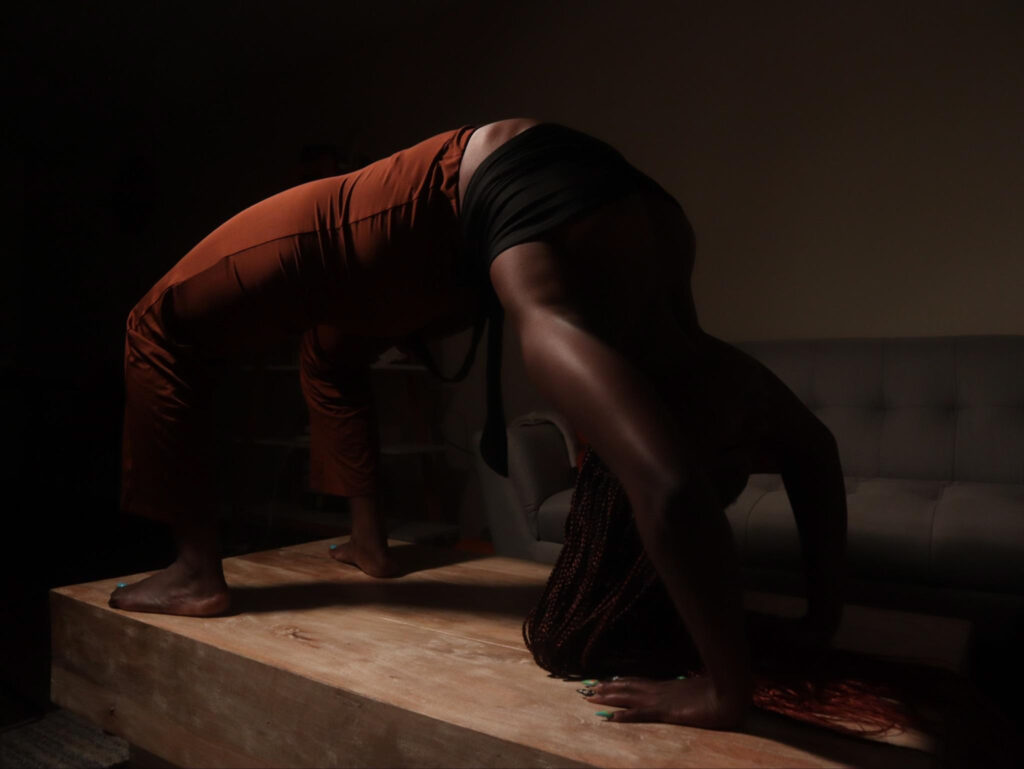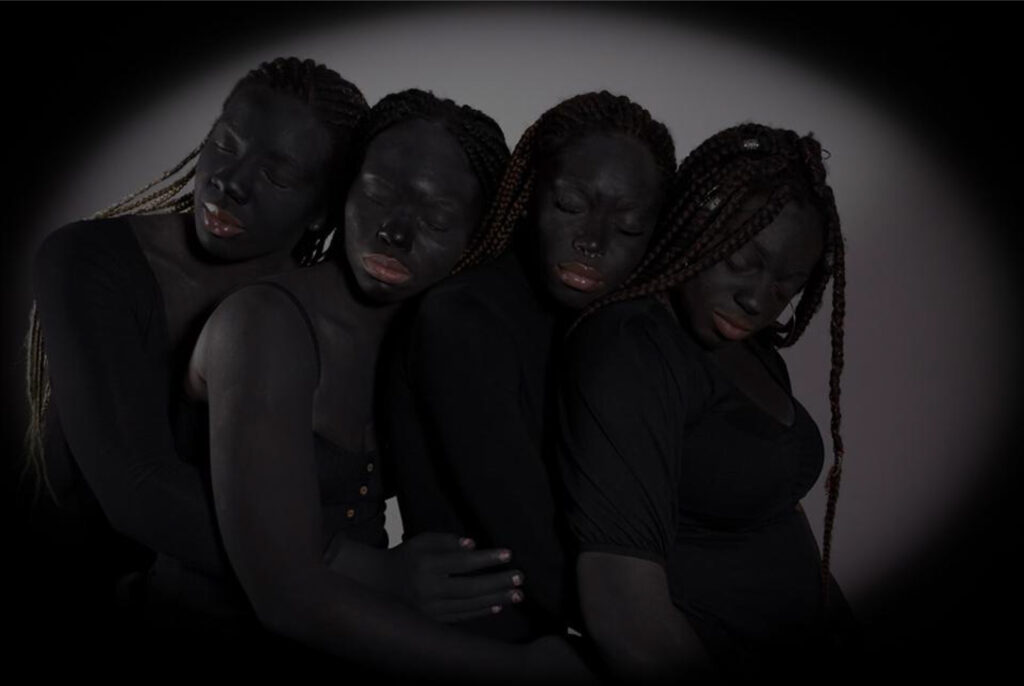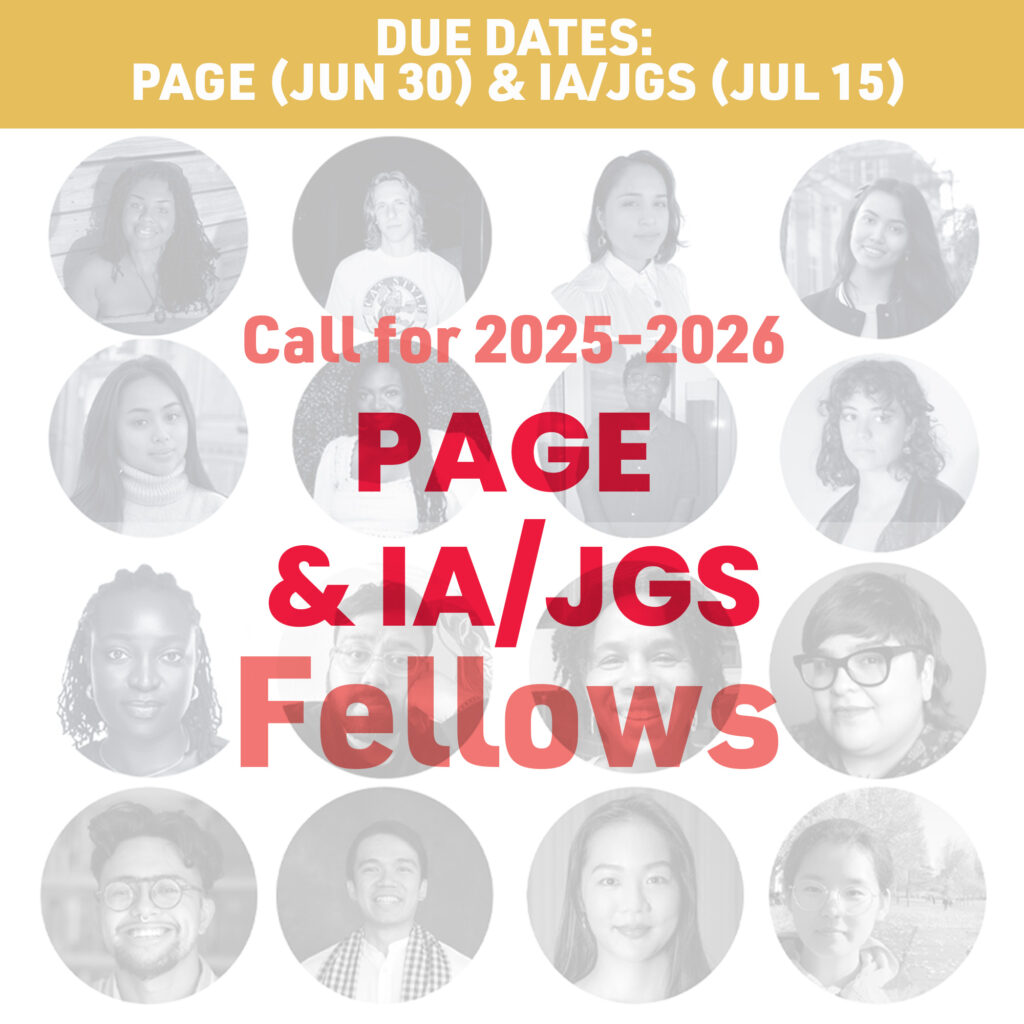Collaboration as a Feminist practice: Black women through my lens
By Blya Krouba
Notable contemporary Artist Mickalene Thomas once said “Beauty has always been an element of discussion for Black women…Out of necessity, Black women have always had to consider others’ perceptions of a certain beauty ideal, just starting with the skin color”.
The camera has been a tool in de-human-izing, discriminating and oversexualizing Black women. It is time for us to narrate our own story and celebrate the mundane of everyday life in peace.

I see my artistic practice as a platform to advocate for a group of people who are often overlooked or taken advantage of. Black women are three times more likely to die post pastrum than their white counterparts. According to the FBI’s National Crime Information Center database, over half a million people were reported missing in 2021. Of those missing from those cases more than 70,000 were Black girls, more than 90,000 Black girls and women. Too many of us are kipnapped, go missing and die from city to city. I work with my models, to tell our stories beyond those realities.
My models are not professional models, they are everyday people from my communities. I don’t aim to educate, I aim to share stories and empower Black women who are at the bottom of the power structure created by society. However, I understand that my photographs can educate and start conversations among individuals who don’t identify with the group of people who I represent through my work.

My short-term goals include graduating from the University of Houston with my MFA. I want to have the opportunity to collaborate with other people while having a platform to talk about my work on a local and international level. In the long run and even now, I want to be pushed and expand myself as a scholar. I realize that one of my weaknesses is that I am not in conversation with scholars who are or have been doing the same work as me. I believe it is important to collaborate, as I believe collaboration to be a feminist practice.
My artistic practice contributes to my community because the themes that I work on are specific, thought-out, concepts that combate imposter syndrome and historical trauma. Black women need a safe space, Black women need to connect. Black women need to just be without having to explain themselves. I am able to create this space through a therapeutic photo experience, a process that allows us to take steps forward healing from inheritage trauma and on-going racism, colorism and microagressions.



